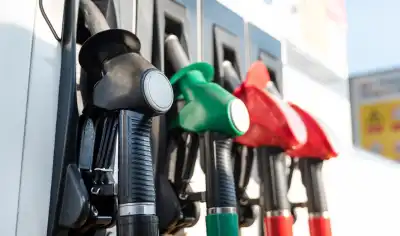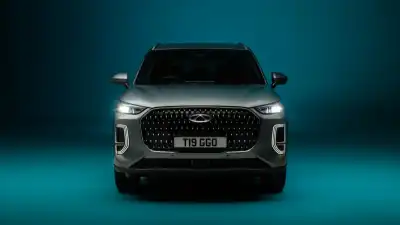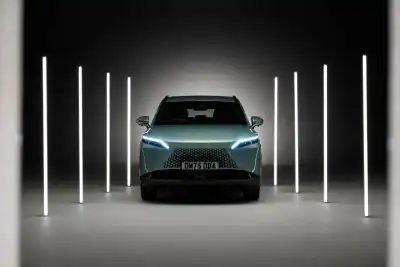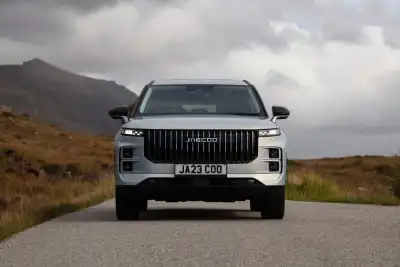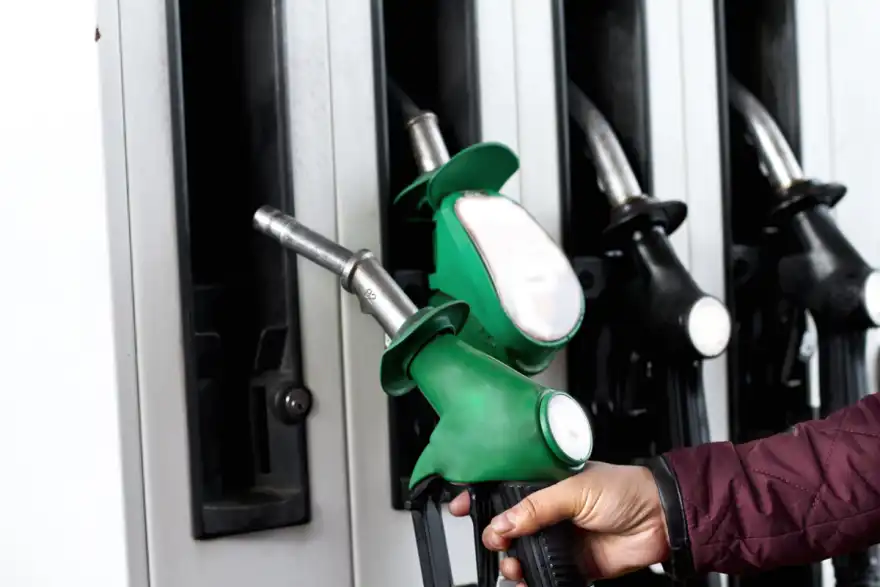
Chancellor Jeremy Hunt recently declared a continuation of the freeze on fuel duty for the 14th consecutive year, bringing relief to British drivers. This move includes an extension of the 'temporary' 5p-a-litre cut for an additional 12 months, as outlined in the Spring Budget.
Background and Impact of the Freeze
In his address to the Commons, Mr. Hunt highlighted the pressing issue of rising motoring costs and emphasised that without intervention, fuel duty would surge by 13 percent this month. The ongoing freeze, estimated to save drivers approximately £5 billion annually, will persist, keeping fuel duty at 52.95p per litre, a rate maintained since March 2011.
The temporary 5p cut introduced in March 2022, initially aimed at mitigating the impact of rising pump prices due to the Ukraine war, will continue until March 2025.
The announcement follows a substantial monthly surge in fuel prices, with petrol experiencing a 4p per litre increase and diesel rising by almost 5p in February due to elevated oil prices.
Industry Opinions
The Social Market Foundation (SMF) thinktank crunched some numbers and found that keeping fuel duty frozen for 14 years and the 5p cut since 2022 has cost the Treasury a whopping £130 billion since 2011.
According to the SMF, holding on to the fuel duty cut is a 'regressive policy.' They argue that it mainly benefits the wealthy folks driving big SUVs, saving them around £60 a year. On the flip side, those earning less and driving fuel-efficient cars only save about £22, according to their analysis.
Thom Groot, CEO of The Electric Car Scheme, isn't a fan of the ongoing freeze on fuel duty. He calls it a 'flip-flopping policy' and suggests that the billions spent on a fossil fuel subsidy each year could be better used to promote electric cars. Groot also thinks the government's mixed messages about electric vehicles have 'dramatically slowed the uptake of electric cars.'
Despite the criticism, some industry insiders are cheering the tax break on petrol and diesel as a win for the nation's drivers.
Simon Williams, fuel price expert at the RAC, comments on the political landscape, saying, 'With a general election looming, it would have been a huge surprise for the Chancellor to tamper with the political hot potato that is fuel duty in today's budget. It appears the decision of if or when duty will be put back up again has been quietly passed to the next government.'
He adds, 'But, while it's good news that fuel duty has been kept low, it's unlikely drivers will be breathing a collective sigh of relief as we don't believe they've fully benefited from the cut that was introduced just two years ago due to retailers upping margins to cover their 'increased costs'.'
The AA is also on board with the Chancellor's decision, though they note that the benefit has halved from £100 a year in Sunak's 2022 statement to the £50 annual saving quoted by Mr. Hunt on Wednesday afternoon.
How much of what we pay in fuel is taxes?
Let's break it down.
As of March 5, 2024, when petrol is priced at 145.0p per litre, about 37 percent of what you pay at the pump, 52.95p, goes to fuel duty—kind of like a tax specifically for fuel.
But that's not all. There's also VAT, a 20 percent tax on fuel, making a total of 53 percent of a tank of unleaded fuel, tax.
Now, if you're using diesel, which has an average price of 153.4p per litre in the UK, about 35 percent of your total fuel bill is due to fuel duty. Add in VAT, and it goes up to 51 percent of the full price you pay at the fuel station.
Even though the fuel duty won't change for the next year, the Chancellor is still taking more than half of your money every time you fuel up. In simple terms, that's about £43 every time the tank of an average petrol-powered family car is filled up in Britain.
How much do motorists save from the fuel duty freeze?
The RAC estimates that the 12-month extension of the 5p-per-litre fuel duty will result in motorists saving approximately £3.30 each time they fill up, factoring in the impact of VAT. However, the motoring group points out that retailers are offsetting the 5p cut by increasing profit margins, rising to 10p per litre in 2024, up from an average of just 6p in the pre-pandemic year of 2019.
Simon Williams, fuel price expert at the RAC, remarks that while it's good news that fuel duty has been kept low, drivers may not fully benefit from the cut due to retailers upping margins to cover their 'increased costs.'
What does the Government spend fuel duty earnings on?
The Chancellor's decision holds broader implications for government revenue. Combined with Vehicle Excise Duty (car tax), the Treasury generates around £35 billion per year from vehicle and fuel taxation. Approximately 20 percent is allocated to road maintenance budgets, with the remaining funds contributing to general government expenditures.
A previous commitment to ring-fence vehicle tax revenue for road projects has been abandoned, drawing criticism from experts and organisations such as the RAC. The organisation suggests that ring-fencing a small proportion of money raised from fuel duty could prevent further deterioration of local roads.

